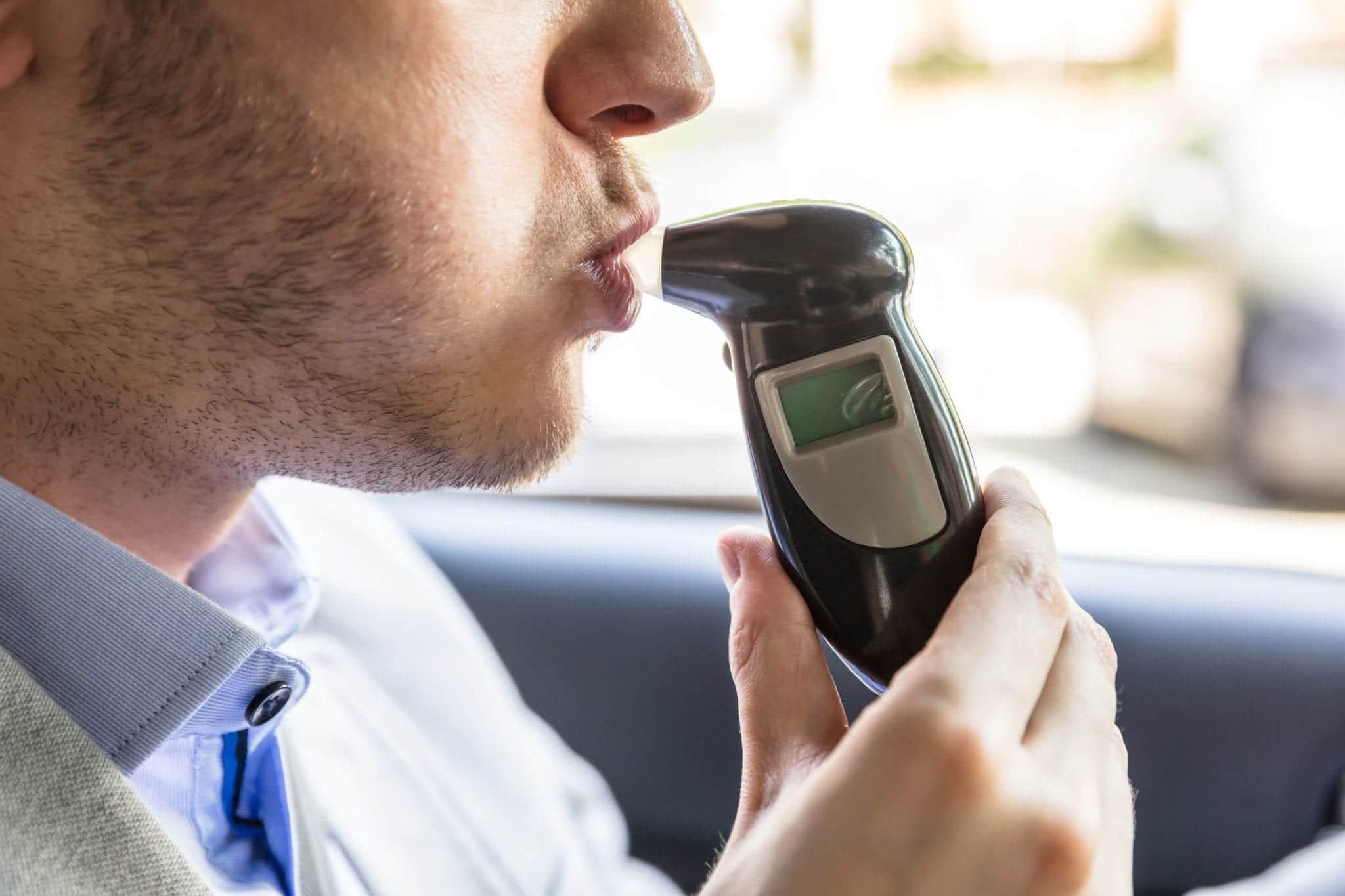Graduation is an exciting and bittersweet time for most high school seniors. It’s also traditionally a time that teens run a bit wild.
Case-in-point: many teens drink around graduation time, and some of these underage drinkers make the unfortunate decision to get behind the wheel impaired. This often has tragic outcomes – more teens die in DWI accidents during graduation season than any other time of year.
Additionally, underage drinking and driving carries serious legal repercussions. If caught driving drunk, your teen could face major criminal and civil penalties. Moreover, a DWI can also severely compromise your teen’s future because it will show up on their criminal record.
It’s therefore very important to make your teen aware of these consequences, and to come up with a plan to avoid driving drunk or riding with a peer who’s been drinking. This is never an easy conversation, but could save years of heartache.
Below, we’re going to detail that heartache by covering the consequences your teen could face if convicted of DWI charges – but first, an overview of the state’s zero-tolerance policy.
Zero-Tolerance on North Carolina Underage DWIs
Our state has a zero-tolerance policy for drivers under 21. This means that if your teen is caught driving after having consumed any alcohol whatsoever, he will automatically be arrested for a DWI.
For example, say Nicole has a beer with friends and decides that she isn’t impaired, so it’s perfectly safe to drive home. If Nicole is stopped at a checkpoint on the way home, or an officer makes a routine traffic stop and smells beer on her breath, she’ll be arrested for a DWI, and suffer all of the consequences of driving while impaired – even if she wasn’t actually intoxicated.
Facing Criminal and Civil Consequences in NC
North Carolina is one of the toughest states on DWI offenders, particularly for underage drinkers. In fact, underage DWI and DWI are separate charges.
That in mind, if your teen is caught driving and is over the adult legal limit of 0.08% BAC, they will be charged with both offenses.
Further, if convicted of both charges, your teen is subject to judge’s choice. The court doesn’t impose two sentences, but instead, applies the penalties for an adult DWI, which are the most severe.
An underage DWI is a class 2 misdemeanor in North Carolina, and is punishable by up to 60 days in jail and a $1,000 fine. Whether the offender spends any time in jail is left to the discretion of the judge, and aggravating factors such as prior DWI arrests make jail time more likely.
Additional civil consequences for a DWI may be even more severe than the criminal penalties. They are imposed by the North Carolina Department of Transportation, and include license revocation and possible installation of an ignition interlock device.
Social Ramifications of a North Carolina Underage DWI
Additionally, after the reinstatement of your teen’s driver’s license, they will be required to carry high-risk insurance for several years after the arrest, adding up to tens of thousands of dollars in policy premiums.
A DWI can also severely compromise your child’s future. They may be expelled from high school, and colleges may revoke admission offers. Additionally, your teen will be ineligible to apply for federal financial aid for several years after a DWI conviction. A DWI also severely hampers your child’s employment prospects.
Overall, when it comes to underage drinking, a youthful lapse in judgement can have long-lasting consequences spanning far into your child’s adult life.
Have this important conversation, and help your teen plan their graduation festivities to avoid driving drunk. If your teen winds up facing a DWI charge, proactively fight back to beat or reduce this quite serious charge.









